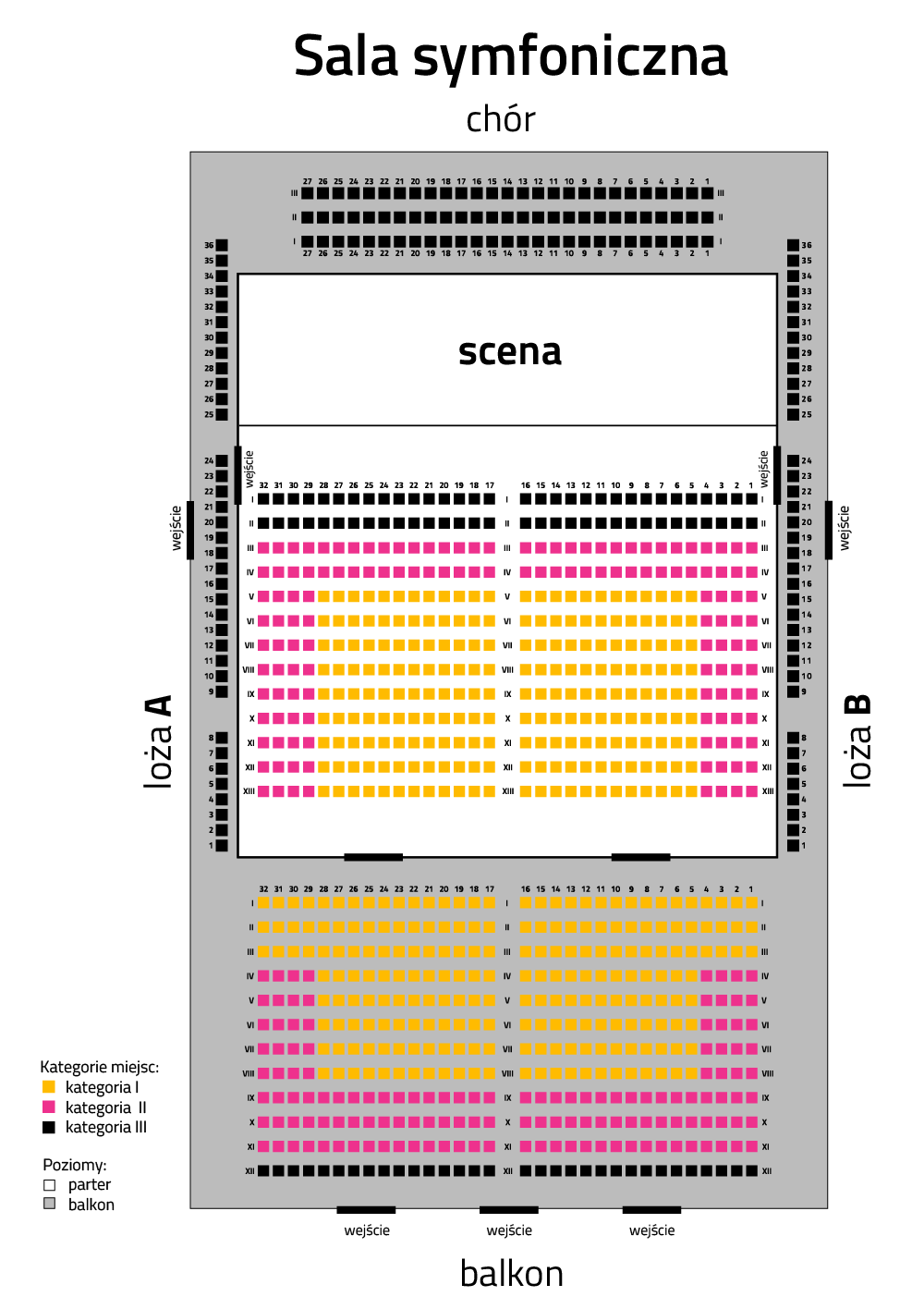All this bustle! – this was what people probably shouted when the era of jazz began in Poland. At the congress of composers in Łagów Lubuski in 1949, jazz was recognized as bourgeois music, while in the 1950s and 1960s as subversive activities. It was socialism to light up the imagination of the youth, not some jazz. The syncopated music was perceived as something dangerous. Jazz at the Philharmonic? Difficult to accept.
Such music awakens unhealthy emotions! (Maybe even dreams of freedom...). As a result, jazz inevitably led to a confrontation of the old with the new, and the outbreak of a great fashion. Regardless, this wave could not be stopped.
As Marcin Kołodziejczyk ("Polityka") writes: "The times were jazzy. The jazz wow shared common features with politics and social life at the turn of the 1940s and 1950s: mood swings and tempo, unexpected phrasing and ubiquitous improvisation." For a moment, you could use the well-stocked libraries in the YMCA (Young Men's Christian Association), an international ecumenical organization promoting a program based on Christian values. Soon, however, this organization turned out to be an enemy of the state and had to disappear from the country. Suddenly the most common phrase heard at the store when asked about a jazz record was “there is none”. "It also had its good side," notes trumpeter Tomasz Stańko. "If you had wanted an album, there was always a way to get it. Someone brought them from America, someone lent one to someone else. On the upside, we did not get shitty albums. We listened to what we had chosen ourselves."
In spite of official opposition, talented musicians appeared on the Polish scene and soon went beyond the iron curtain (Komeda, Duduś-Matuszkiewicz, Jan Ptaszyn Wróblewski). In the 1960s Tomasz Stańko joined the young wave of Polish jazz. Today he is one of the most recognizable Polish musicians in the world. "December Avenue" constitutes the latest album by the Polish and European jazz legend and his New York friends: David Virelles (piano), Gerard Cleaver (percussion), Reuben Rogers (double bass).
The nightmare for cultural socialism has come true: they play jazz in the philharmonic...
------------------------------
Mikołaj Rykowski PhD
Musicologist and clarinetist, doctorate, and associate at the Department Music Theory at the Paderewski Academy of Music in Poznań. Author of a book and numerous articles devoted to the phenomenon of Harmoniemusik – the 18th-century practice of brass bands. Co-author of the scripts "Speaking concerts" and author of the spoken introductions to philharmonic concerts in Szczecin, Poznań, Bydgoszcz and Łódź.
Exhibition available during event:
VI Międzynarodowe Biennale Plakatu Społeczno-Politycznego“Dwanaście uniwersalnych wartości:
nadzieja, tolerancja, szacunek, wolność, przełamywanie barier, spotkanie, odpowiedzialność, sprawiedliwość, porozumienie, solidarność, dialog, równość, które określiły nasze działania, jako drogowskazy wpisuję się w idee Biennale i stanowią linię przewodnią i motywację dla naszych dalszych działań”. Za słowami
Leszka Szustera – dyrektora Międzynarodowego Domu Spotkań Młodzieży i
Pawła Warchoła – kuratora wystawy, podpisało się kilkuset artystów z 27 krajów, tworząc
594 plakatów. Dzieła te stanowią graficzny odzew na współczesną rzeczywistość.

